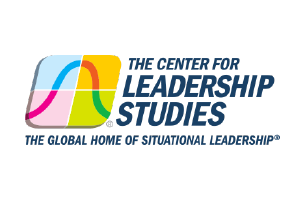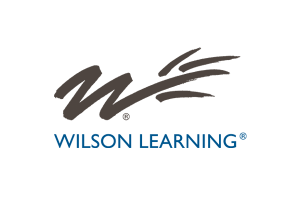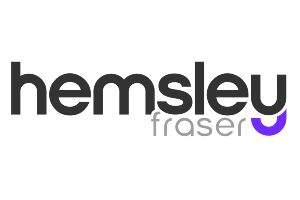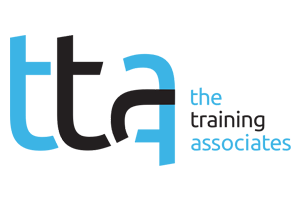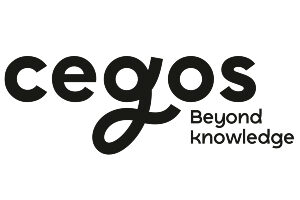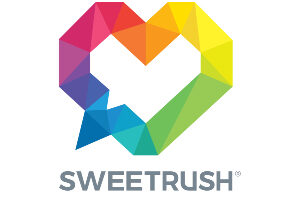What is your primary personal leadership development objective for 2021? There are three challenges that global leaders have had to face head-on in the past year, and we are not through them (whatever that means!) just yet:
- The pandemic necessitated safety protocols and processes, resulting in sweeping modifications for remote and virtual work.
- We stretched work/life balance to new limits while destroying former boundaries, creating new transparency and vulnerability between leaders and teams (the “leave your personal life at the door” boat has not just sailed but sunk).
- “J.E.D.I.” (justice, equity, diversity and inclusion) efforts rose in visibility and priority, and organizations are acknowledging, approaching and handling them differently and in varying measure around the world.
No matter where you sit in the organization, as a person with influence, it’s important to take (make) regular time for self-reflection to know better who you are and what you will do regarding these three issues. To be successful and effective, every leader on the planet now needs to be diligent and thoughtful in considering the best way to move forward with his or her team, with a flexible growth mindset and using the healthiest strategies.
The bottom line: In the decade ahead of us, leaders must be fair.
Are You a Fair Leader?
How fair are you? How impartial or honest are you in your dealings with peers, direct reports, leaders across the organization, and clients and customers?
What is the condition or quality of your work? Consider both what you do and the less tangible (but as important, if not more so) how you do it. Are your efforts fair — as in “ample” — when measured against expectations, standards and desired outcomes?
Do you “play fair” — as in adhering to the established rules of business ethics and standards set by your organization and the nations where you conduct business? Do you model and promote best behavior for your team, your peers and the organization? Are you part of the solution as your organization revisits, or even rewrites, many of the social norms and rights that the people who work in and with it can expect?
Is there fairness — as in “beauty” (e.g., “fair maiden”) — in your humanity? Have you been intentional in developing not only intellect and knowledge (IQ) but emotional intelligence (EQ or EI)? Do you show kindness that makes you “beautiful” to work and relate with as you lead?
Fairness Is Ensuring Access
These important questions for self-reflection leapt right off the page when I looked up “fair” in Merriam-Webster’s online dictionary. After a great deal of thought, the guiding principle for personal leadership development in 2021 (perhaps for the entire decade ahead!) emerged:
“Fair” doesn’t mean treating everyone the same; it means ensuring that everyone I influence has access to what he or she needs.
Allow me to provide a personal example and a work-related example:
We have two children: a boy and a girl. When it came to parenting, there were things we made sure were the same: We were careful to put the same amounts of money under their pillows for lost teeth. We were diligent to attend every game and concert — with ice cream treats afterward. Both loaded the dishwasher after family dinners the same number of times each week and learned to drive at the same age. Both learned how to clean their bathroom, do laundry and help with gardening (and were held accountable for doing so).
But, when it came to helping with schoolwork, one needed quizzing the night before tests, and the other did better reviewing notes independently. When it came to curfews, one got to choose the hour based on demonstrated dependability, while the other needed strict guidelines based on lapses in trust. When heartbreaks happened, one needed a lot of hugs and conversation to find comfort and begin healing, while the other wanted fewer hugs and more silent support through our presence.
Now, to the workplace: Some employees need hands-on training and a great deal of time from their manager, trainer and teammates; others learn best when they receive a manual or instructions. Some employees demonstrate competency in a task more effectively by showing someone how to perform it; others prefer to take a test or assessment after reading assigned materials.
One employee might have an outgoing, effervescent personality, wear their emotions on their sleeve, and share transparently and honestly when things don’t look right. This person’s manager might need to engage in one-on-one conversations and continually work with them on self-awareness and emotional expression so that they don’t hijack meetings or walk (or talk!) over the opinions of others.
Another employee might be a detail-oriented technical expert, the go-to person on the ins and outs of multiple machines, software or processes. Their leader knows that their knowledge and experience is important to the team, but since they are more introverted and humble, their manager needs to draw them out with careful questions in group settings, usually toward the end of team brainstorming or problem-solving discussions. These team conversations often parallel the one-on-one conversations their manager has with them ahead of time, because these conversations are how the manager can help them contribute their best to a project.
Dr. Paul Hersey is famous for saying, “The worst thing you can do is to treat everyone the same.” I agree. To be fair to everyone, we should consider each person and the knowledge, experience, skill, confidence, commitment and motivation he or she brings to each task, activity or behavior. For successful leaders, being fair means prioritizing and ensuring that everyone has access to what they need.

